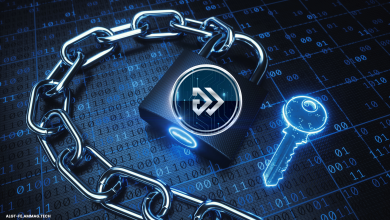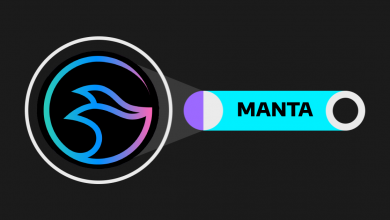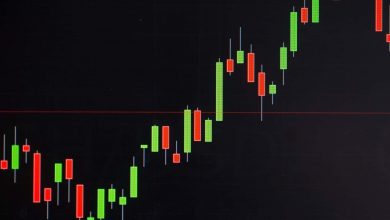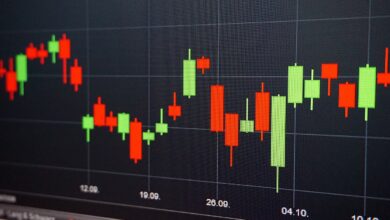-
Press Release

Lido DAO Market Outlook Improves After Partnership with LayerZero, Algotech (ALGT) Remains a Winner in Presale Amidst All of This
Crypto enthusiasts point to Lido DAO (LDO) as one of the best altcoins to buy today based on its amazing…
Read More » -
Bitcoin

Bitcoin as Legal Tender: El Salvador’s Bold Economic Blueprint
In the wake of upcoming elections, El Salvador under President Nayib Bukele’s leadership, is set to continue its pioneering journey…
Read More » -
Adoption

Binance Introduces $MANTA on Simple Earn: Explore the New High-Yield Opportunity
Binance, a global leader in cryptocurrency exchange, has launched the $MANTA token on its Simple Earn Locked Products. This development…
Read More » -
Crypto News

MANTA Soars to $2.50, ONDO Hits $0.30 Despite Bearish Market Sentiments
Contrary to the bearish sentiment in the cryptocurrency market, Manta Network’s MANTA and Ondo Finance’s ONDO have registered impressive gains.…
Read More » -
Crypto News

Crypto Market Update: Bitcoin Steadily Grows by 1.01%, Total Market Cap Reaches $1.65 Trillion
The cryptocurrency market has witnessed notable movements as of January 20, 2024. In a remarkable turn of events, API3 saw…
Read More »